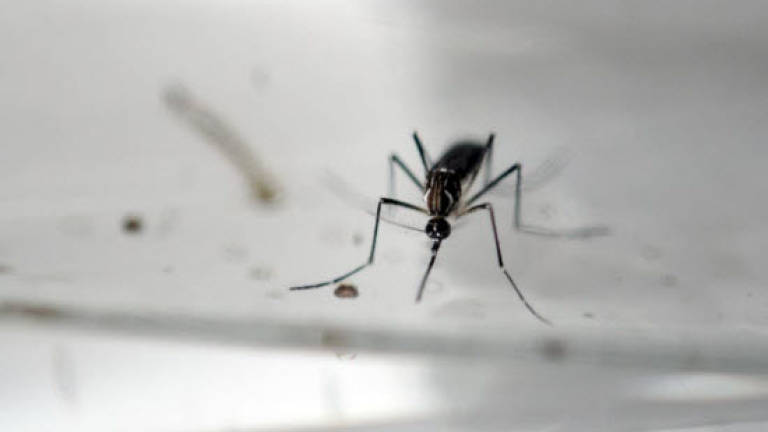Zika spreading quickly in Puerto Rico: US

WASHINGTON: The number of Zika infections appears to be increasing quickly in Puerto Rico, US health officials said Friday, sparking fears that thousands of pregnant women – and their unborn children – could be at risk.
So far in the United States, Puerto Rico – a US commonwealth in the Caribbean – is the hardest-hit area, with nearly 1,400 cases reported. In the continental US, a total of 756 cases have been reported.
Among pregnant women, 234 women in the continental US have shown lab evidence of Zika infection, with or without symptoms, and 189 others have been counted in the US territories including Puerto Rico.
Tom Frieden, the head of the US Centres for Disease Control and Prevention, said the rise in infections in Puerto Rico could mean "in the coming months, it is possible that thousands of pregnant women" could be infected.
"This could lead to dozens or hundreds of infants being born with microcephaly in the coming year," he told a teleconference with reporters.
More than 60 countries and territories have been affected by the ongoing outbreak. Most of them are in Latin America, the Caribbean and the South Pacific.
The mosquito-borne Zika virus can cause the birth defect microcephaly, leading babies to be born with unusually small heads and deformed brains.
Frieden's projections were based on blood screenings done at donation centres in Puerto Rico.
Of the 12,777 tests done from April 3 to June 11, 68 came back positive, or 0.5%. But for the week ending June 11, 1.1% of the samples tested positive for the virus.
"Although the blood donors do not represent the general population, the increasing prevalence of blood donations that test positive for the virus likely reflects an overall increase in infection in the population at large," Frieden said.
"If you look at the graph, you can see a steady line upward with the infection rate," he said.
The blood test used in the United States to detect the virus was developed by Swiss drug giant Roche, and got Food and Drug Administration approval in late March.
Frieden said it can only detect the virus if it is currently present in the blood, and cannot show past infections.
On Thursday, US health officials said Zika has been linked to birth defects in the foetuses and babies of six women in the United States who were infected. Three of the women gave birth.
The CDC plans to issue weekly updates on pregnancy outcomes for women infected with Zika.
Experts warn that the continental United States will likely see an increase in cases as summer begins in the northern hemisphere.
The virus, which usually causes only mild, flu-like symptoms, can also trigger adult-onset neurological problems such as Guillain-Barre Syndrome, which can cause paralysis and death. — AFP